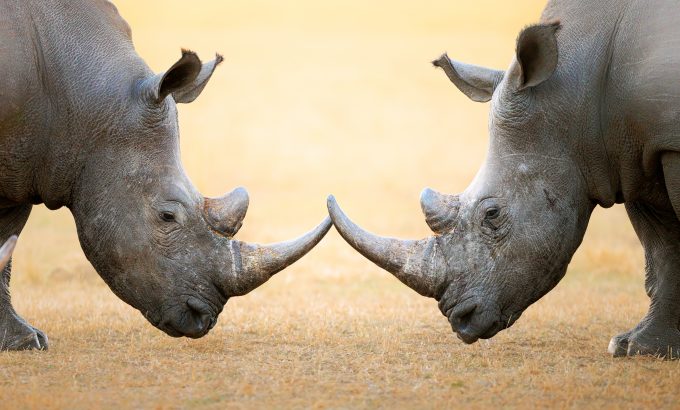Puerto Rico set to achieve life science export potential
Air trade demand from Puerto Rico (PR) to mainland US reflects its growing life science ...

This story is easy proof that IATA’s initiative to stop the illegal trade in wildlife is crucial. Qatar Airways unwittingly flew a shipment of rhino horns from Mozambique to Malaysia, where it was discovered at Kuala Lumpur Airport. It was declared as “objects of art” and all the documents were falsified – and that is where the difficulties lie. At the World Cargo Symposium in Abu Dhabi last month, Etihad described the difficulties airlines have in detecting illegal shipments which are misdeclared. But the carrier also noted that traders tended to use the same routes and declarations, meaning that Qatar – and other airlines – should now check all similar shipments. And cooperation between carriers on this issue would not go amiss.
MSC Aries now bound for Iran, and crisis will be 'a catalyst for higher rates'
Urgent call for breakdown of cargo onboard as General Average declared on Dali
Iranian troops seize MSC box ship while Somali pirates net $5m ransom for bulker
Hong Kong drops out of world's top 10 busiest container ports
Flexport is 'back on track' – now it needs to start growing again
'Slow season' and ocean network stabilisation easing pressure on rates
Bottlenecks and price hikes as airlines now avoid Iran airspace
Alex Lennane
email: [email protected]
mobile: +44 7879 334 389
During August 2023, please contact
Alex Whiteman
email: [email protected]
Alessandro Pasetti
email: [email protected]
mobile: +44 7402 255 512

Comment on this article